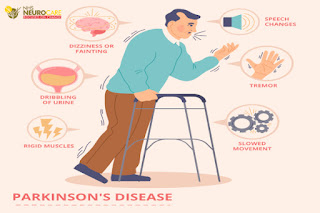Understanding simple facts around brain stroke treatment
How a little knowledge on brain stroke can save a person’s life
There are simple things to know about brain stroke that can ensure you are in a position to respond to such an emergency if it happens. ‘Knowledge is Power’ and in this case, it can save someone’s life.
Using the FAST test to recognise symptoms of a stroke
The acronym Facial weakness, Arm weakness, Speech slurred and Time to call the emergency is an easy way to remember and assess a stroke and respond quickly. Responding as soon as possible is very important for effective brain stroke treatment.
Brain stroke treatment is time-sensitive
The type of stroke that is due to low supply of blood to the brain, can be treated with the right medication to dissolve the clot causing the reduction in blood supply. However this is possible only if the person accesses the right kind of medical care within 4 hours of the onset of symptoms.
You can access brain stroke treatment in Jalandhar at NHS NeuroCare.
Seizures and strokes are different
Not to be confused with a stroke, seizures are caused by abnormal discharges in the brain causing physical or behavioural changes. A stroke occurs due to reduced blood supply to the brain or bleeding in the brain.
Prevention is better than cure
You can bring down the chances of ever having a stroke by watching your health. Pay attention to conditions such as blood pressure, blood sugar, body weight, cholesterol and any irregularities in the heart. Following a healthy diet usually takes care of most of these issues.
Do not self-medicate
Only after consulting a doctor can any medication be taken for a stroke. Only once a doctor recommends the use of aspirin can it be taken since under some conditions, aspirin can worsen it.
Talk to NHS NeuroCare’s competent brain stroke doctors in Jalandhar and make sure you are accessing the best brain stroke treatment.


Comments
Post a Comment